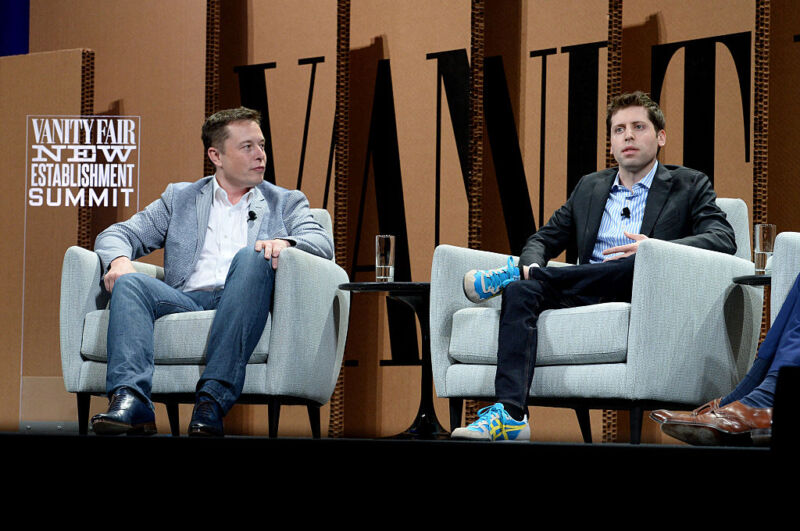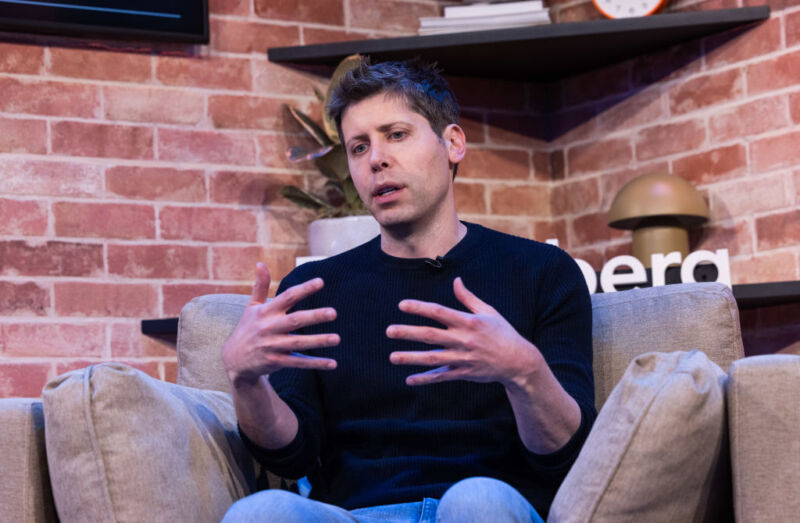Elon Musk sues OpenAI, Sam Altman for making a “fool” out of him

Enlarge / Elon Musk and Sam Altman share the stage in 2015, the same year that Musk alleged that Altman's "deception" began. (credit: Michael Kovac / Contributor | Getty Images North America)
After withdrawing his lawsuit in June for unknown reasons, Elon Musk has revived a complaint accusing OpenAI and its CEO Sam Altman of fraudulently inducing Musk to contribute $44 million in seed funding by promising that OpenAI would always open-source its technology and prioritize serving the public good over profits as a permanent nonprofit.
Instead, Musk alleged that Altman and his co-conspirators—"preying on Musk’s humanitarian concern about the existential dangers posed by artificial intelligence"—always intended to "betray" these promises in pursuit of personal gains.
As OpenAI's technology advanced toward artificial general intelligence (AGI) and strove to surpass human capabilities, "Altman set the bait and hooked Musk with sham altruism then flipped the script as the non-profit’s technology approached AGI and profits neared, mobilizing Defendants to turn OpenAI, Inc. into their personal piggy bank and OpenAI into a moneymaking bonanza, worth billions," Musk's complaint said.


